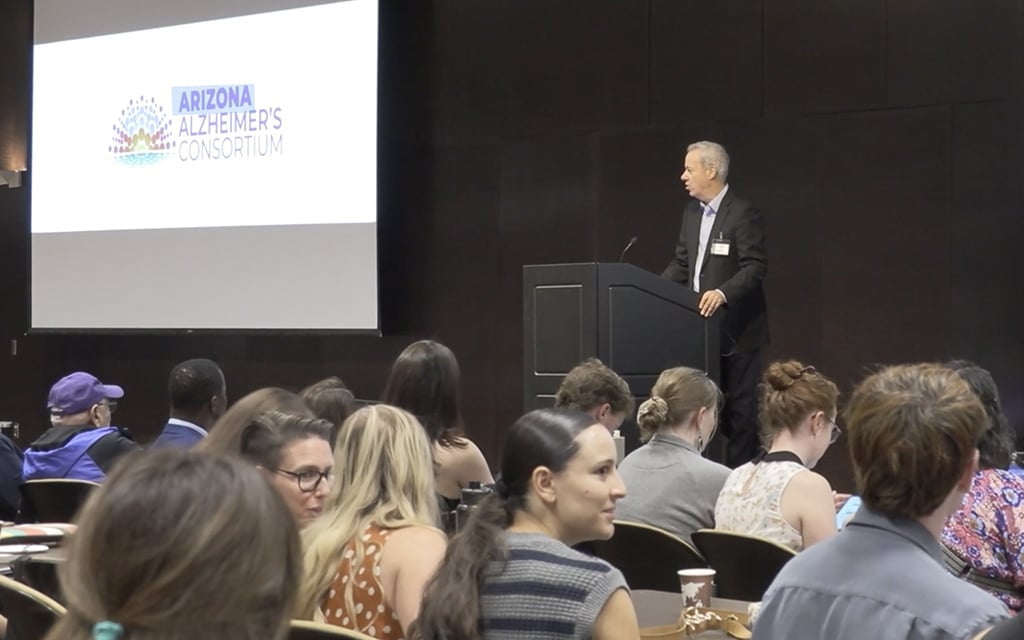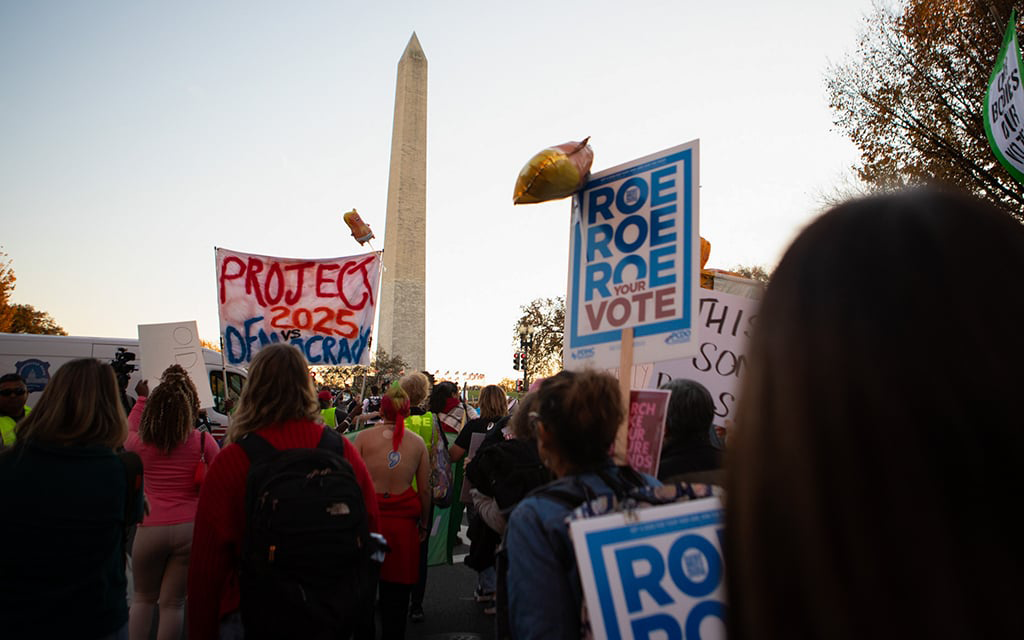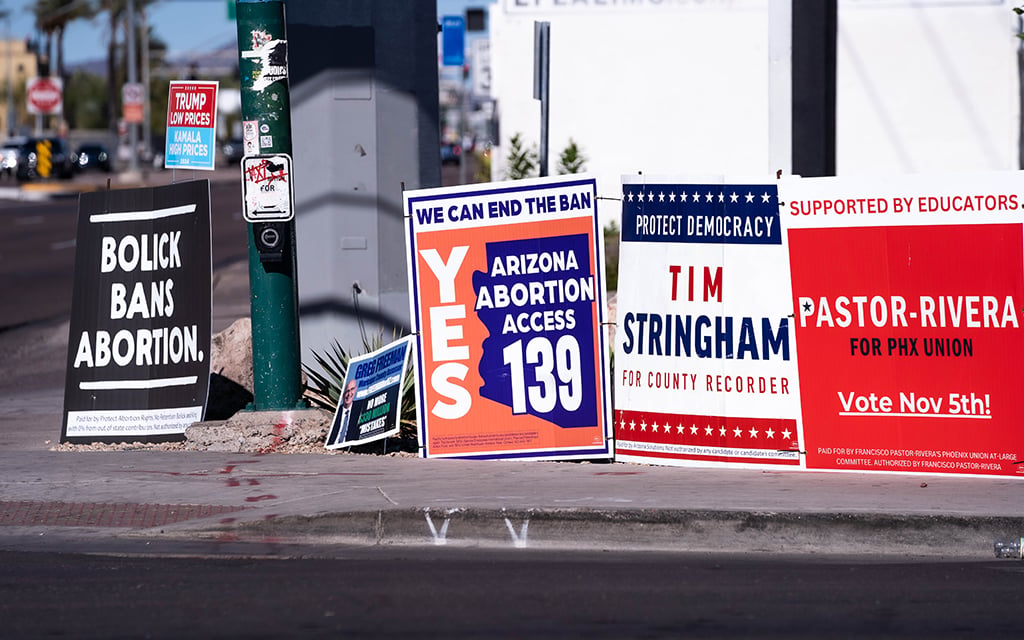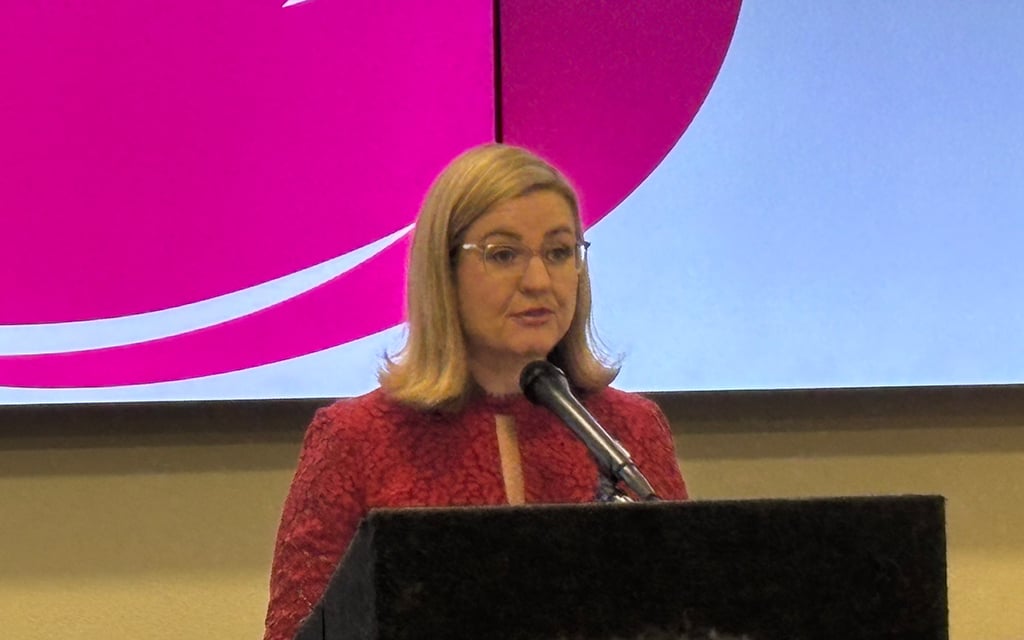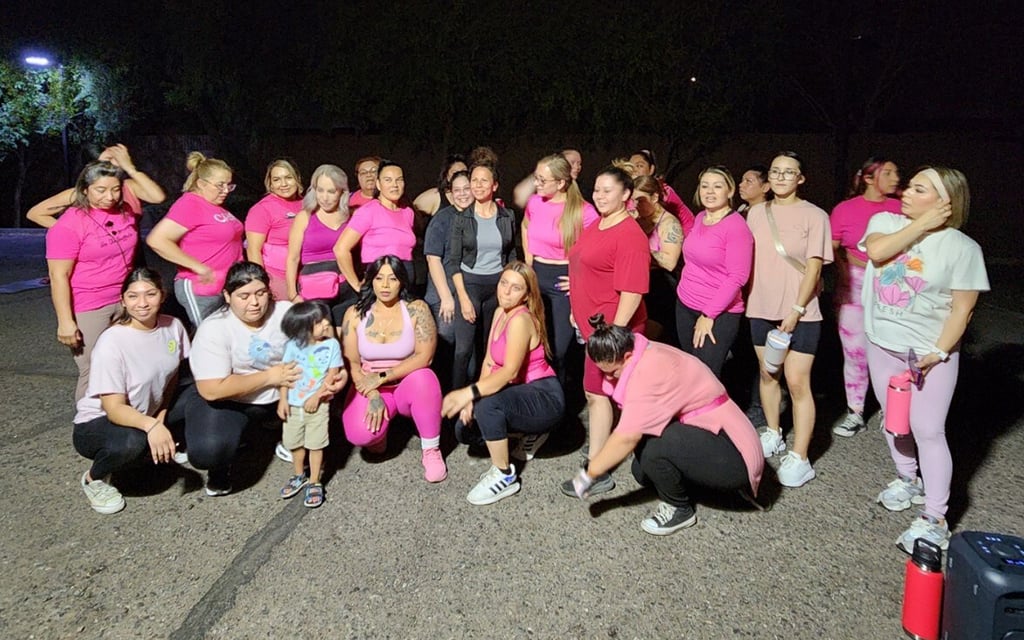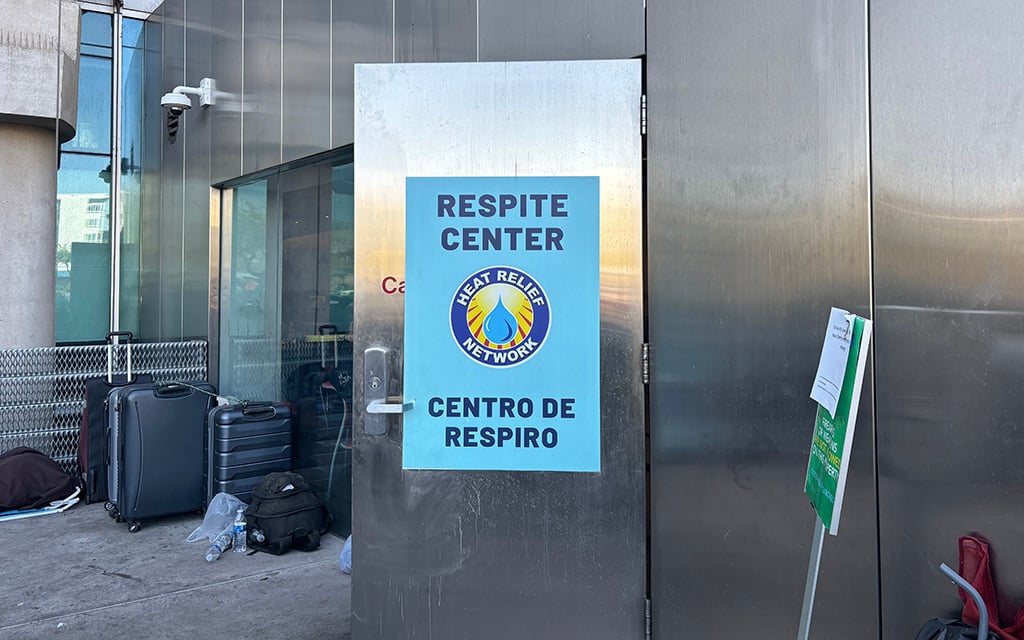California SB 1016 will make Latino, Indigenous health data more specific. Advocates say it will make care more accessible
LOS ANGELES – California's Senate Bill 1016 aims to address health disparities by breaking down Latino and Indigenous data to include detailed ethnicity, ancestral origins and language categories.
Alzheimer’s affects the Hispanic community at higher rates, but research is lagging
PHOENIX – The Hispanic population has one of the highest rates of Alzheimer’s disease. While the population is growing, research is lagging, partially because two distinct categories of “Latino” and “Hispanic” are often used interchangeably and confuse data sets.
Disconnect on abortion rights cost Kamala Harris, as voters backed ballot measures but not the candidate who supported them
WASHINGTON - Arizona was one of 10 states where voters considered ballot measures to expand abortion rights. Seven of those passed, including Arizona’s Prop. 139, but that wave of support didn’t deliver victories Democrats assumed would come their way.
Arizona enshrines abortion rights, ends 15-week ban as Proposition 139 sails to approval
Arizona voters have enshrined abortion rights in the state constitution, approving Proposition 139 by a decisive margin of nearly 2-1. Passage means Arizona will protect a woman’s right to terminate pregnancy through fetal viability – roughly nine weeks beyond the state’s current 15-week ban.
Halloween can be fun for some but challenging for others, especially those with dementia
PHOENIX – Halloween is a fun, spooky holiday for many, but for those living with dementia, it can be frightening. Dementia affects thinking, memory and reasoning, and loud sounds, flashing lights and scary costumes can cause sensory overload, anxiety and fear.
On-call maternity care in rural Arizona boosted by AHCCCS funding
PHOENIX – The Arizona Health Care Cost Containment System (AHCCCS) distributed $2.5 million to four community health centers through the Whole Person Care Initiative for on-call maternity care services in rural communities.
Ventanilla de Salud initiative in Phoenix provides preventative health screenings for people with Mexican roots
PHOENIX — Offered by the Consulate General of Mexico, the initiative provides screenings and services for blood pressure, diabetes, HIV and vaccinations.
Phoenix says visits to heat relief centers skyrocketed during record-breaking summer, and 92% were from people experiencing homelessness
PHOENIX – City officials said Phoenix’s heat-relief network saved many lives this summer, particularly among the unhoused population.
Future of ACA, health insurance coverage at stake in presidential election
WASHINGTON – Since the Affordable Care Act was implemented in 2013, local community members called navigators have helped enroll underserved Arizonans in health insurance and access medical care. But with the future of the ACA on the ballot in this year’s presidential election, navigators are bracing for what’s to come.
How mental health affects maternal mortality in Arizona
PHOENIX – Maternal mortality is a pressing issue in the U.S. and in Arizona, and mental health is a top contributor. Mothers and health-care authorities say women need better-quality care and accessibility.
Maricopa County combats heat with its heat-relief network; Phoenix reports serving 35,000
PHOENIX – Maricopa County opens several heat-relief centers every summer. These centers are vital to the community when the weather outside reaches unbearable temperatures; centers in Phoenix served more than 35,000 this summer.
Arizona Humane Society and Soldier’s Best Friend aid military families with pets, service animals
PHOENIX – Arizona Humane Society's Project Active Duty and Soldier’s Best Friend support active-duty military personnel and veterans by providing foster care for pets and service dog training during and after service.

